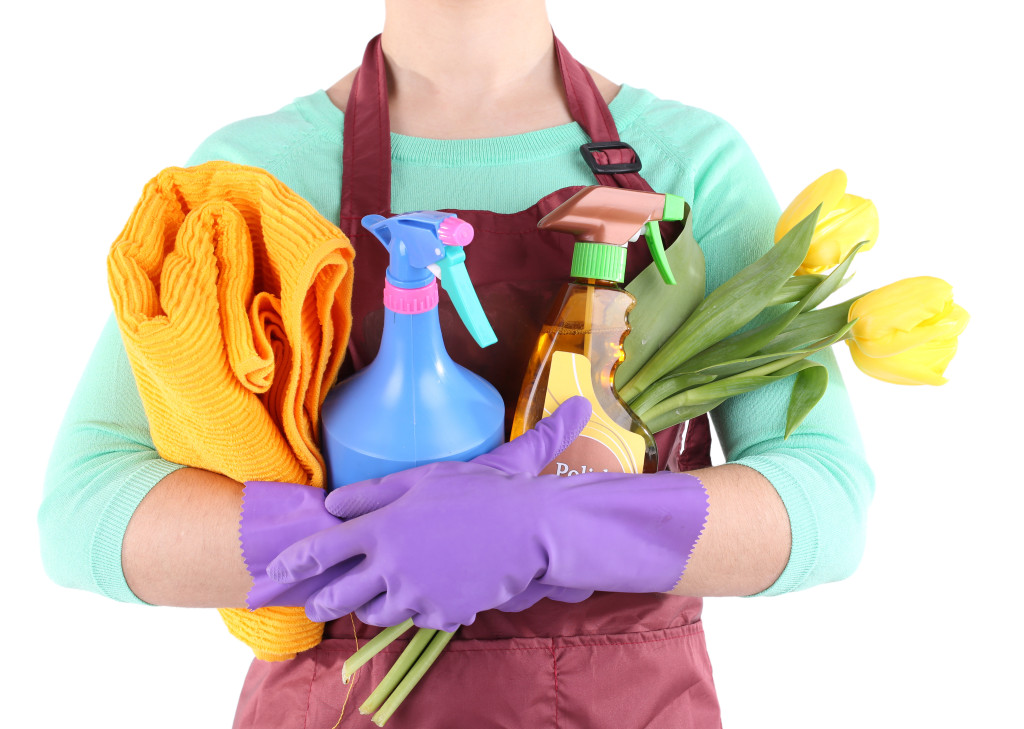Horse Health
3 Spring Cleaning Tips for Horse Owners
This is the time of year when that beautiful spring light comes flooding through my windows and I look up to enjoy it and realize, “Wow, my windows are disgustingly grubby, how did I not notice that before?” Of course it’s also shedding season, so this same light seems to highlight the wafts of pet hair moving slowly like some alien creature across my hardwood floor. Together, these two things will finally push me into a spring cleaning frenzy.
Cleaning Out the Barn
Barns and feed rooms are often in need of a good clean out at this time of year, too. Let’s be honest, when was the last time you pulled out your feed bins and swept behind them? How are the shelves? Looking dusty? How about washing out feed bins and buckets with dilute bleach? This is not a great cold weather task, so my guess is that they are overdue for a clean.
Pro-Tip: Be sure feed bins are dry before putting feed back in them.
Cleaning Up Their Diet
Maybe your horse’s diet also needs a spring clean. Take a look at all those supplement containers. How many of them share the same ingredients? It’s not uncommon for new clients of mine to be feeding multiple sources of minerals and ingredients aimed at digestive and joint support. At best, this is likely wasting you money and at worst may be unbalancing your horse’s diet and or resulting in excesses. Perhaps you could cut down on clutter by finding a product that combines several of the items you are currently feeding separately?
Organizing Records
April also happens to be records and information management month, which ties right into your spring cleaning fever. Where are your horse’s records? Could you access them in a hurry if you needed to for example during a natural disaster evacuation? What about daily records, such as what your horse eats and your equine-related emergency contact info? It is a regular occurrence that my clients who board their horses are unclear on what their horse is being fed by the barn staff. You should know this information!
While it’s not something anyone relishes thinking about it is responsible ownership to plan for the worst-case scenario. You need to be able to feed your horse yourself if you had to evacuate. Plus, if something happened to you that kept you away from the barn for a few weeks, could someone step in and feed your horse? What exactly are you putting into those little baggies you make up? This information should be written down and kept somewhere that a friend could easily find it if needed.
Let’s get moving!
There is something about spring that it motivating. There is so much newness and life. Harness some of that energy and use it to get to grips with those tasks you’ve been putting off or that just can’t be done during the winter. There is nothing quite like the feeling of knowing that everything is in its proper place. Plus, the peace of mind in knowing that your horse will be properly cared for if something should happen is well worth the effort.

